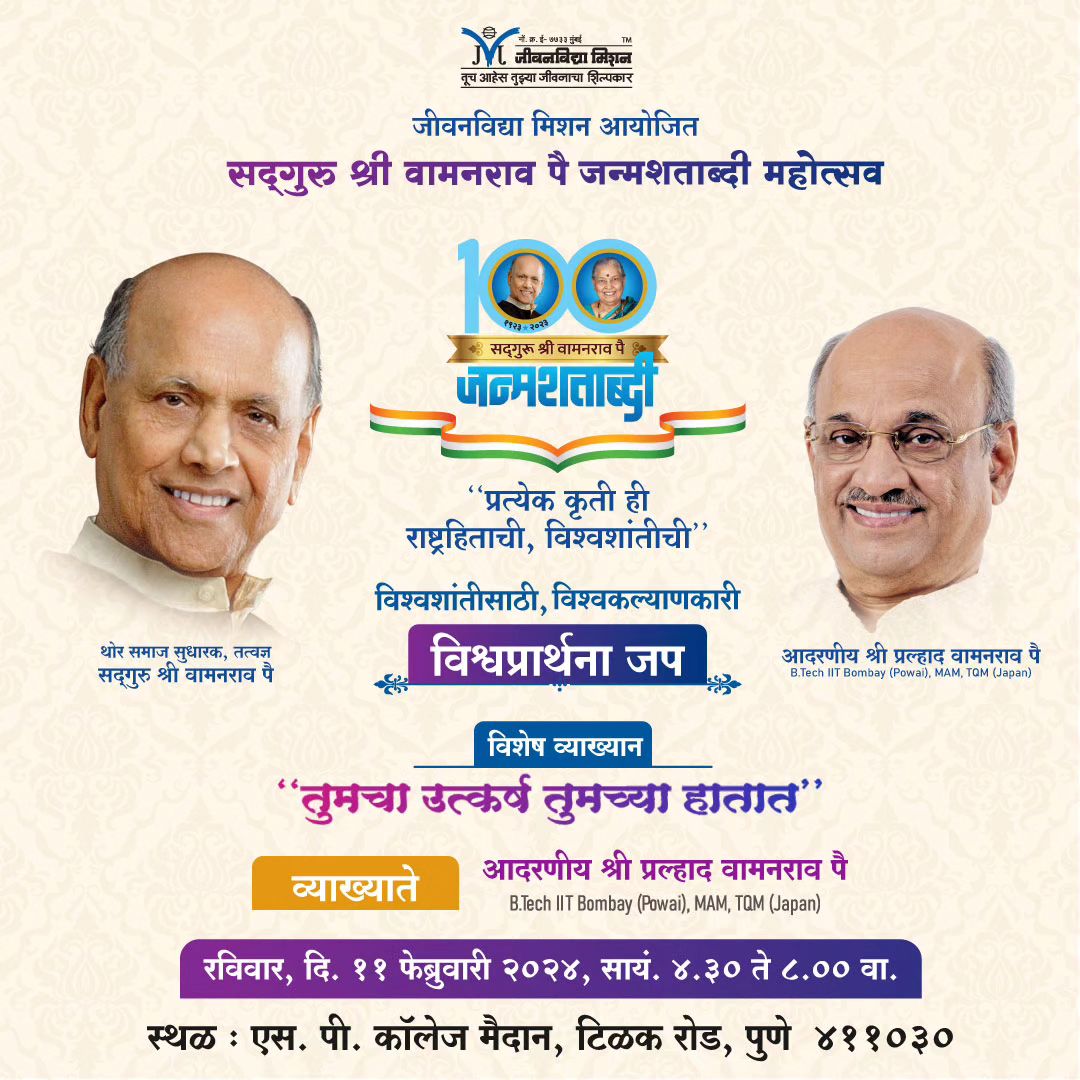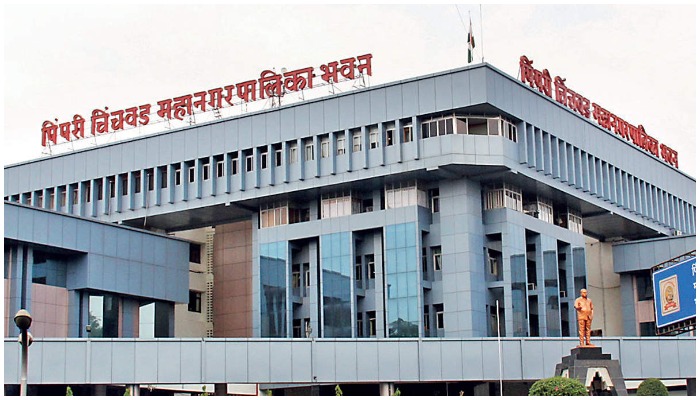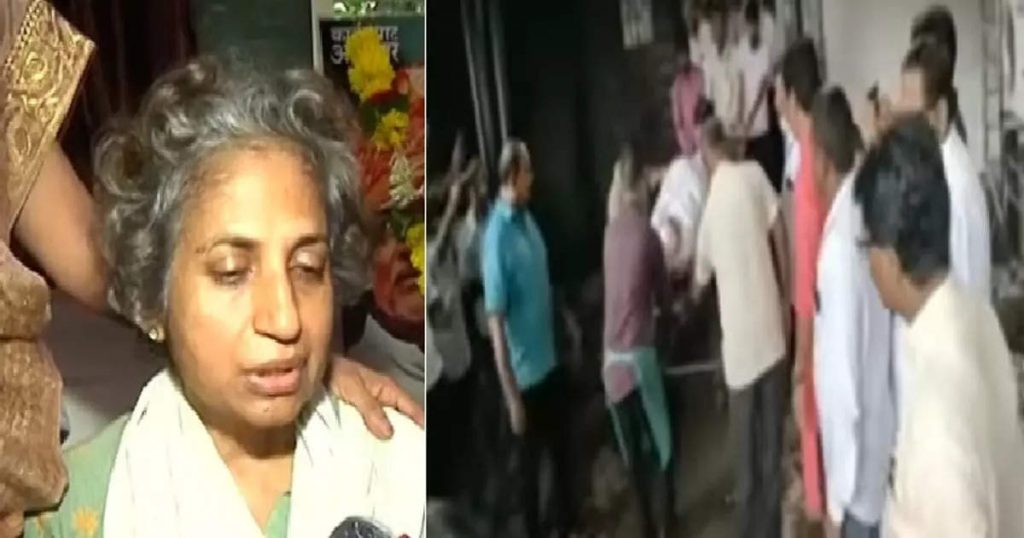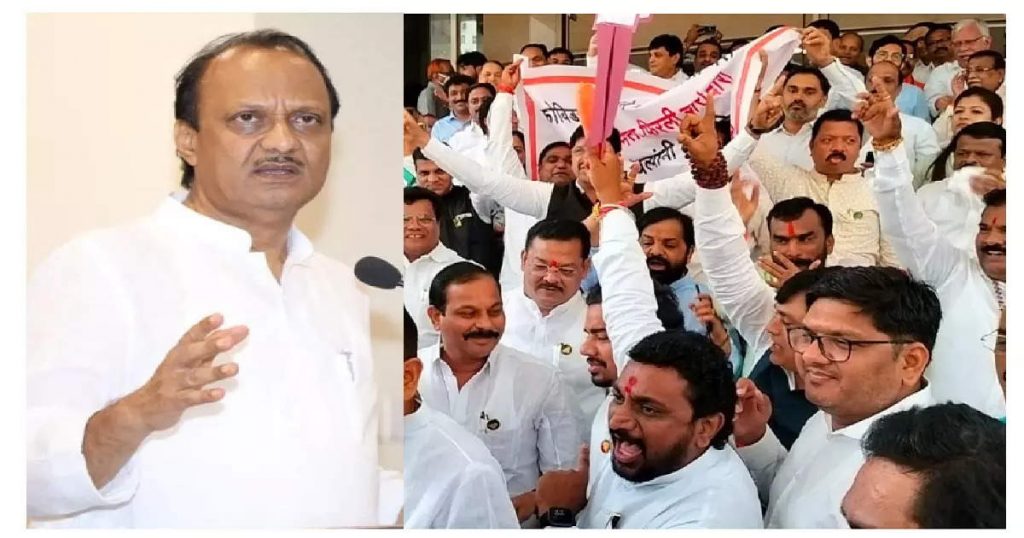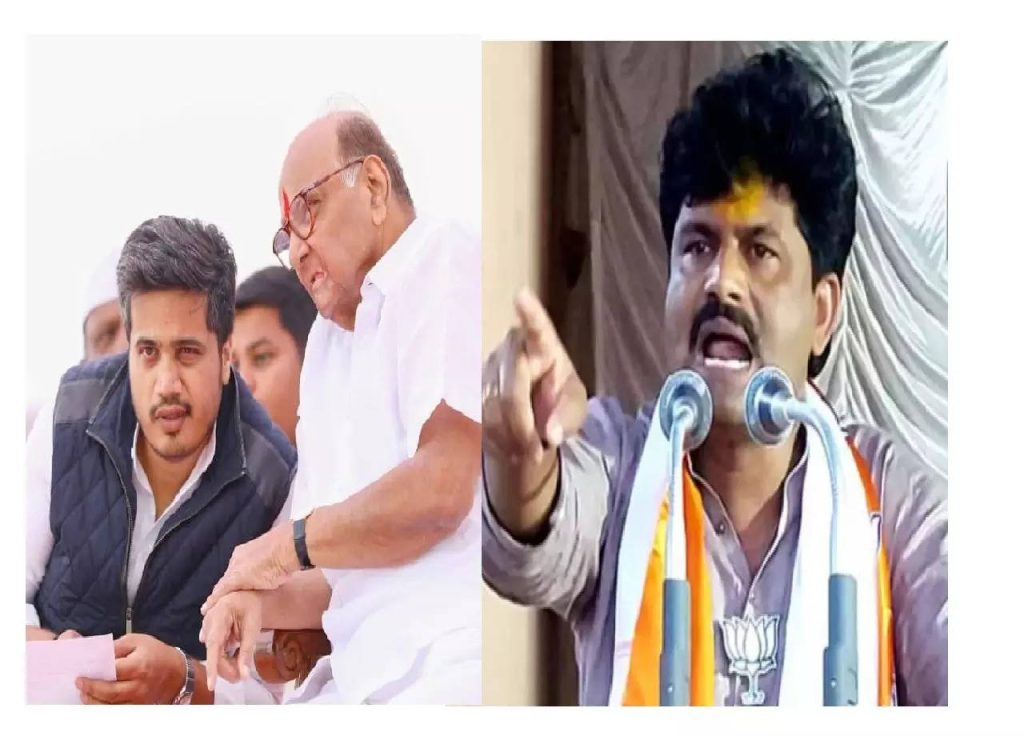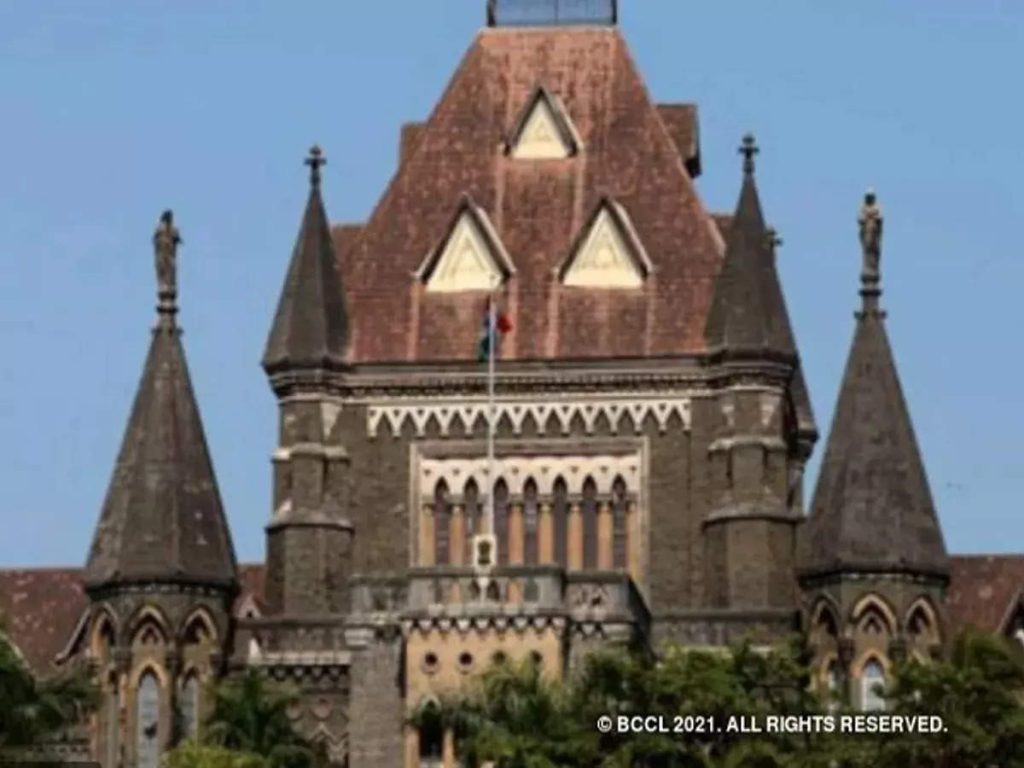What the secession law says; What are the options for Shiv Sena leader Eknath Shinde and supporting MLAs?
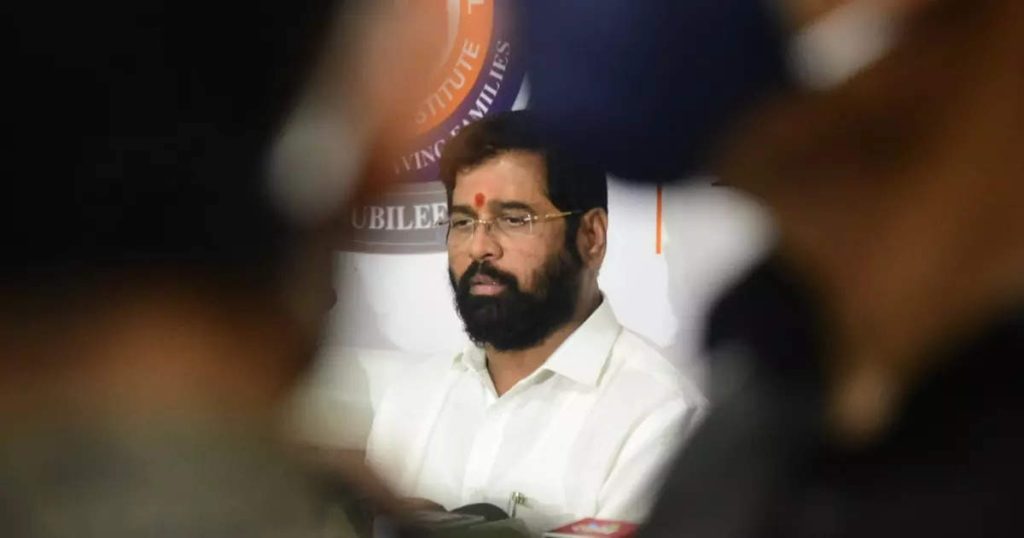
Mumbai |
Major political developments have started after the state assembly elections. Shiv Sena’s second-ranked leader and Urban Development Minister Eknath Shinde has gone to a hotel in Surat, Gujarat with more than 15 MLAs. Shinde will address a press conference this afternoon.
The number of MLAs with Shinde was initially 13 then it went up to 15 and according to sources, the number of disgruntled MLAs is understood to be above 25. The role that Shinde will play in the state will be decided by the Mahavikas Aghadi. If Shinde and his fellow MLAs are to leave the government, they have to find out what options they have. One option is to resign. As a result, the Thackeray government will be in the minority and all the MLAs will have to face re-election. Another option is to support the BJP by forming an ‘independent group’. Experts are of the opinion that the next decision will be taken only after the exact number of MLAs along with Eknath Shinde is known.
Discussions on the ‘Partisanship Act’ have started against the backdrop of these ongoing political developments in the state. Let’s find out what this law is and when and why it came into existence. The then Prime Minister Rajiv Gandhi’s government set up a committee and as per the recommendations of the committee, the 52nd Amendment was passed in 1985 by consensus of all parties. With this, the 10th appendix was included in the constitution. Accordingly, sections 102 and 191 disqualifying MLAs were also amended. All these provisions are known as ‘Anti-Defection Act’ or ‘Partition Act’.
This law is ‘Necessary Evil’ for political parties. Like it, but time will tell. These provisions apply to both Houses of Parliament; Also applies to the State Legislative Assembly and the Legislative Council. In all these cases the Speaker has been given the upper hand. According to these provisions, a member of any political party has voluntarily resigned from his party or voted against the party whip (political whip) without proper prior prior approval of the party 15 days in advance or an independent candidate has joined another party , Then the membership of such member may be canceled.
However, there are exceptions to these provisions. There are loopholes in it too. If a political party completely merges with another party or two-thirds of the MLAs from one party join another party, then the prohibition of secession does not apply. Similarly, this provision does not apply even if such members state that we are an ‘independent group’ without acknowledging the merger of the other party. It is up to the chairpersons to decide whether or not to cancel the membership of such members and their decision is final. In the same way, if the membership of the Speaker is threatened in accordance with these provisions, then the decision is taken by all the other members.
The incident has been under discussion since its inception. In 1992, however, the Supreme Court struck down the provision that the Speaker’s order could not be challenged in any court. The court, by a majority, ruled that it was not the intention of the law to adhere to the ideology of one party while contesting the election and then to relinquish the party without any restriction. . However, the court could not say how many days the Speaker should give a decision. The court also ruled that the change of party could not be challenged unless the Speaker gave a decision. Therefore, the role of speakers is very important in such times.
(With input from Adv. Rohit Erande)

